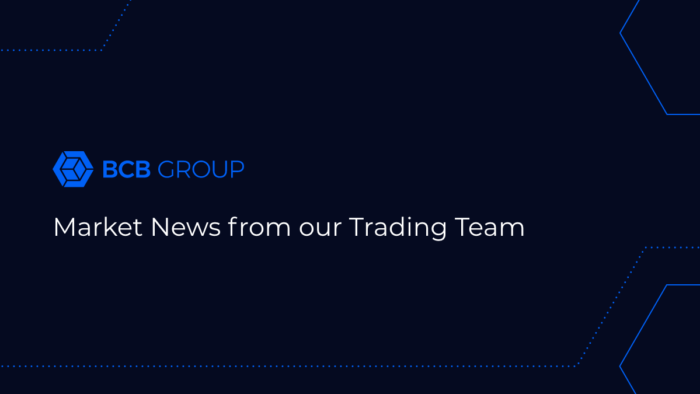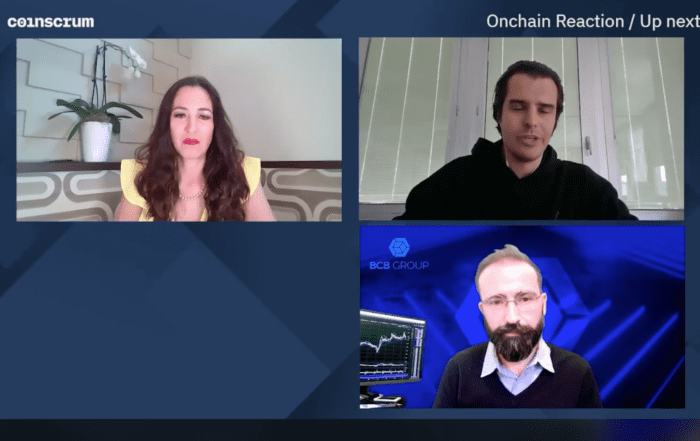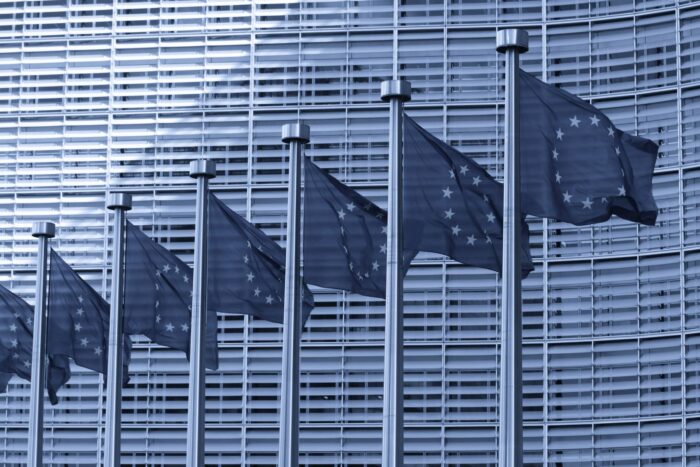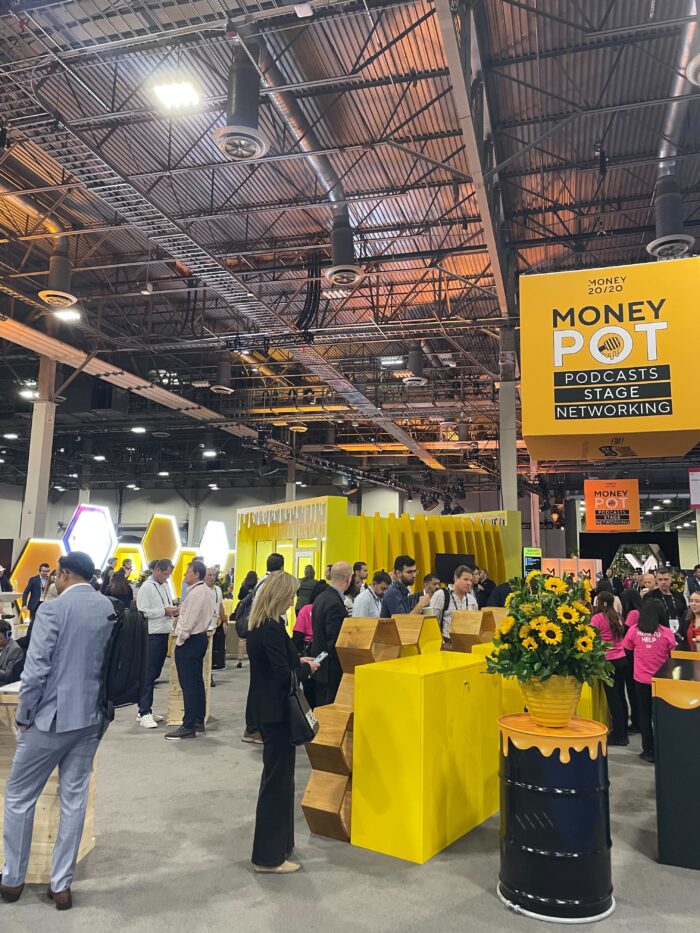BCB Group - Cryptocurrency - compliance/aml news roundup – OFAC Sanctions a Crypto Exchange for the First Time
compliance/aml news roundup – OFAC Sanctions a Crypto Exchange for the First Time
Here’s our latest roundup from the Compliance and Legal Teams here at BCB Group, providing insights into the recent news highlights in the worlds of compliance and AML, crypto-focused and beyond. If you’d like to get in touch with us about any of our products or services, just send us a note, we look forward to hearing from you.
OFAC SANCTIONS A CRYPTO EXCHANGE FOR FIRST TIME
On 21st September, OFAC – the US Treasury’s Office of Foreign Assets Control – sanctioned Suex OTC, a Russian cryptoasset exchange, granting them the unique honour of being the first cryptoasset exchange to join the Specially Designated Nationals list, a designation usually reserved for narcotraffickers and terrorists. OFAC’s decision to sanction Suex OTC was due largely to the central role played by the exchange in “facilitating financial transactions for ransomware attacks”.
Suex OTC has for some time been considered by many a keystone marketplace for illicit actors wishing to integrate their ill-gotten gains back into fiat, or even supposedly to swap them directly for real-world assets such as cars, yachts and real estate. According to Chainalysis, last year Suex OTC received “55% of all funds sent from illicit addresses” worldwide. Suex has always operated as a ‘nested’ service provider, using the liquidity and trading pairs of other larger exchanges to provide services to its clients. The offering of nested services through exchanges with low compliance standards is a method frequently used by money launderers. It remains to be seen, however, what impact OFAC’s decision to sanction Suex will have on the compliance standards of these exchanges. It might be too optimistic to hope for a ripple effect just yet.
The direct effect of the sanction is on US residents and citizens, who will no longer be able to interact with the exchange, on pain of fines or prison. However, indirectly the effects are far more wide-reaching with the vast majority of financial institutions extremely reluctant to interact with anyone blacklisted by the US Government. The exchange counted the largest darknet market by volume Hydra Market, cryptoasset scam operator Finiko, and ransomware operators such as Conti and Maze amongst its esteemed client base so if this sanction is the beginning of their end, many in the industry will welcome their demise.
Source: TRM Labs
SOLANA INTEGRATES WITH TRM TO OFFER ENHANCED ON-CHAIN COMPLIANCE FEATURES
The Solana Network has partnered with a leading blockchain analytics provider, TRM Labs, to offer members of the network enhanced security with regards to financial crime.
The integration with TRM means that, through TRM’s risk intelligence platform, TRM users will have access to the Solana network and be able to leverage specific tools to comply with AML/CTF efforts. The range of tools available includes: transaction monitoring, wallet screening, VASP due diligence and blockchain analytics. This is a significant step for DeFi compliance, as it means that Solana’s native token, as well as any SPL Tokens (Solana’s answer to ERC20 tokens), can be subject to anti-financial crime monitoring.
Easily integratable with most blockchains, it marks TRM’s 23rd partnership of this kind. Solana is the 7th largest cryptocurrency by market cap and the fastest growing decentralized blockchain. It is likely that this partnership will enhance DeFi compliance frameworks, and potentially kickstart similar initiatives.
Source: Business Wire | Coindesk

BHUTAN AND RIPPLE PARTNER TO PILOT CBDC PROJECT
Bhutan’s Royal Monetary Authority (RMA) and blockchain provider Ripple have partnered for a central bank digital currency (CBDC) piloting project of a digital version of Bhutan’s currency, the ngultrum.
The project will utilise Ripple’s ‘CBDC Private ledger’, which was announced by Ripple in March of this year, and will “run retail, cross-border and wholesale-payments pilot tests”. The RMA noted that the collaboration was driven by a ‘common’ need “to adapt to the overall digital transformation in the way we live, interact and transact with each other”.
The RMA’s project is a natural next step, given Bhutan’s underlying domestic goals: maintaining its sustainability record as the only carbon-negative country; and, improving domestic financial inclusion – Bhutan hopes financial inclusion will reach 85% by 2023, up from 67.6% in 2019. The use of Ripple’s Private Ledger, supposedly 61,000 times more efficient than standard proof-of-work blockchains, suits the state’s carbon-neutrality priorities. Meanwhile, pushes for increased financial inclusion and improved monetary systems undergird the CBDC project: the pilot will build on the country’s current payments infrastructure, including the ‘GIFT’ real-time payment service. The RMA asserted that retail CBDCs will “provide a digital alternative” in the face of “declining usage and acceptance of cash”.
As put by the deputy governor of the central bank, Bhutan’s collaboration with Ripple is “testament to the potential of CBDCs” to provide “an alternative and sustainable digital payment instrument in Bhutan.”
Source: Royal Monetary Authority of Bhutan
SCA, DWTCA SIGN AGREEMENT TO SUPPORT TRADING OF CRYPTO ASSETS
The Securities and Commodities Authority (SCA) and the Dubai World Trade Centre Authority (DWTCA) have signed an agreement to support the offering, issuance, listing and trading of crypto assets in the DWTCA free zone. The agreement allows DWTCA to issue the required approvals and licenses to perform financial activities relating to crypto assets.
The DWTCA provides a “unique and highly desirable proposition” for businesses seeking a well-regulated ecosystem, while the DWTC free zone provides “an ideal environment for startups, SMEs and large corporations”.
Under this agreement, the SCA will oversee, monitor, and handle the regulatory oversight of entities operating within DWTCA’s free zone. It will also carry out any investigations required. Their aim is to build a sustainable investment environment and protect the rights of investors, promote sound practices, and create a setting that attracts both capital and innovation.
The DWTCA said it is “committed to expanding its services as the free zone of choice for the international investment and entrepreneurial community.” Thanks to the agreement with the SCA, the DWTCA will “broaden its regulatory licenses and services capabilities, as well as extending the centralised supervision of the crypto market”. Furthermore, SCA and DWTCA will be able to “exchange best practices”, in addition to providing “mutual technical support to enhance their understanding of both organisations’ financial systems”.
With the rise of new technologies, the UAE is taking further steps to establish a strong digital economy, whilst making use of the advantages provided by the digital transformation. This will help foster an innovative environment and “support businesses underpinned by blockchain and cryptographic technologies”.
Source: SCA | Emirates News Agency
This article was prepared by Will McFadden, Legal Analyst, Isabelle Heatley, Compliance Analyst, Anna Cooper, Junior Compliance and AML Analyst and was overseen by Natasha Gonseth, Head of Compliance.
 Will McFadden | Legal Analyst
Will McFadden | Legal Analyst
 Isabelle Heatley | Compliance Analyst
Isabelle Heatley | Compliance Analyst
 Anna Cooper| Junior Compliance Analyst
Anna Cooper| Junior Compliance Analyst
 Natasha Gonseth | Head of Compliance
Natasha Gonseth | Head of Compliance








